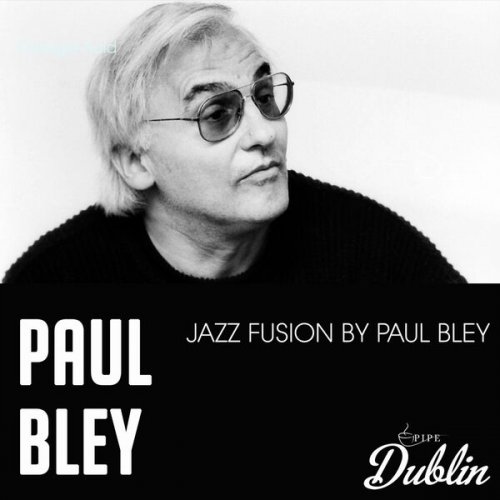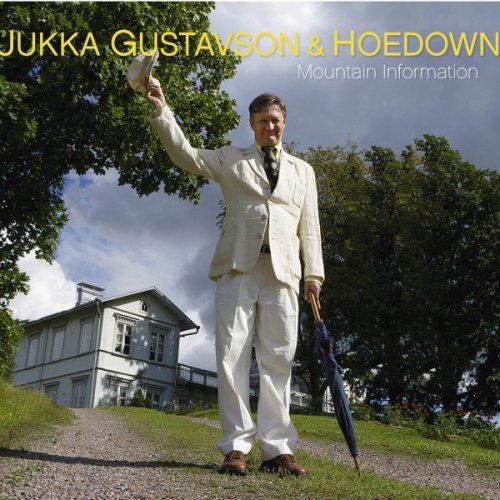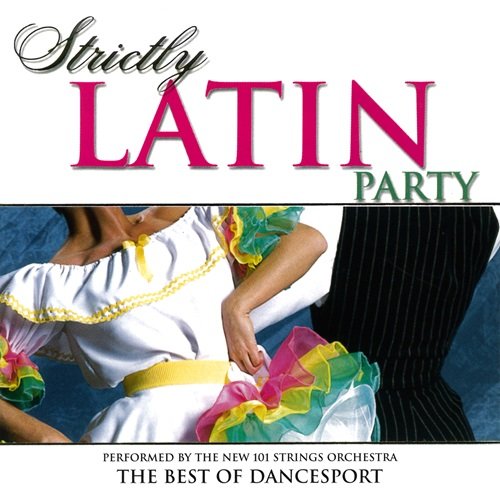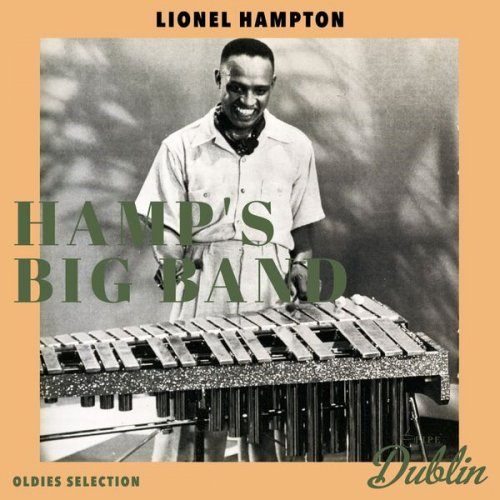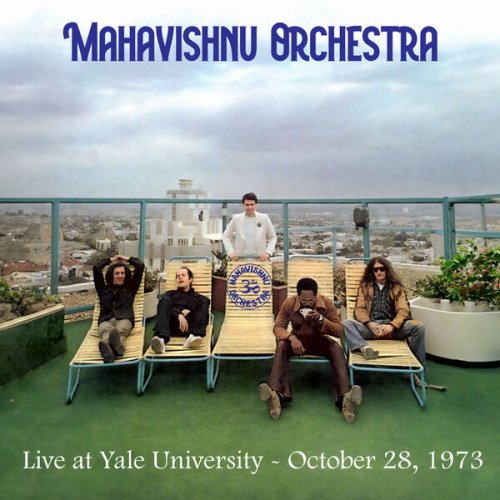Zeena Parkins - Dam Against the Spring Tide (2024) [Hi-Res]
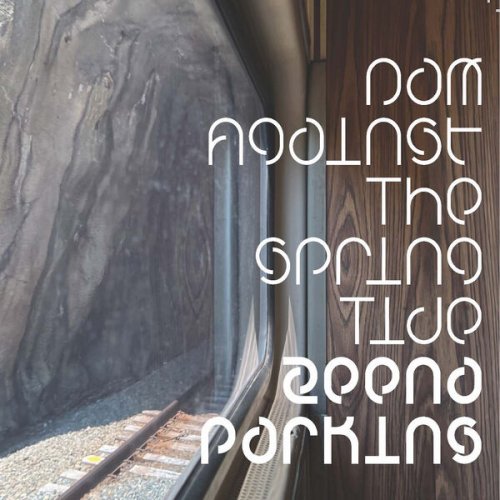
Artist: William Winant, Brett Carson, Joan La Barbara, Zeena Parkins, Laurent Bruttin, Tony Buck, Christian Kesten, Magda Mayas, Matthew Ostrowski, Sebastian Roux
Title: Dam Against the Spring Tide
Year Of Release: 2024
Label: Relative Pitch Records
Genre: Jazz
Quality: FLAC (tracks) [48kHz/24bit]
Total Time: 1:07:51
Total Size: 649 / 282 MB
WebSite: Album Preview
Tracklist:Title: Dam Against the Spring Tide
Year Of Release: 2024
Label: Relative Pitch Records
Genre: Jazz
Quality: FLAC (tracks) [48kHz/24bit]
Total Time: 1:07:51
Total Size: 649 / 282 MB
WebSite: Album Preview
1. Past Turned Space grey patterned box (05:33)
2. Past Turned Space black extendable box-blue folder (04:35)
3. Past Turned Space brown box with crest-sönneken letter file (03:41)
4. Past Turned Space yellowy box with green edging (03:22)
5. Past Turned Space cardboard box (torn in half) (05:18)
6. Berlin Bedroom Renwick St. Jan.14.2024 (13:03)
7. Stefan’s List & Color Code Score No. 290 (06:37)
8. Matching Tones (07:31)
9. J’ai Plus de Souvenirs Que (06:13)
10. Erasure Score (11:53)
Personnel:
past turned space in 5 parts (1-5)
William Winant - vibraphone, crotales, harmonica
Brett Carson - piano, organ
Joan La Barbara - voice
Zeena Parkins - elbows on piano, field recordings
dam against the spring (6-10)
Laurent Bruttin - clarinets
Tony Buck - drums, orchestral percussion, objects
Christian Kesten - voice
Magda Mayas - piano, clavinet, objects
Matthew Ostrowski - electronics, processing
Zeena Parkins - acoustic harp
Sebastian Roux - electronic processing
Composer/Performer Zeena Parkins announces the release of two multi-part compositions, inspired by discoveries she made combing through the Walter Benjamin archives in Berlin. “Past Turned Space” features virtuoso players William Winant/percussion and Brett Carson/keyboards navigating a set of vignettes, flickering in response to Benjamin’s intimate descriptions of childhood memories. “Dam Against the Spring Tide” is graced with an all-star band of composer/performers, including: Zeena Parkins/acoustic harp and electronics, Magda Mayas/prepared keyboards, Tony Buck/percussion, Laurent Bruttin/clarinets, Christian Kesten/voice, Matty Ostrowski/electronics, and special guest, Sebastian Roux/processing. All of these pieces reveal how colors, shapes, codes, scribbles, erasures, puzzles, wordplay, graphology, and imitation as a way of knowing, can be used to initiate musical processes, playing strategies, conversations and ultimately scores.
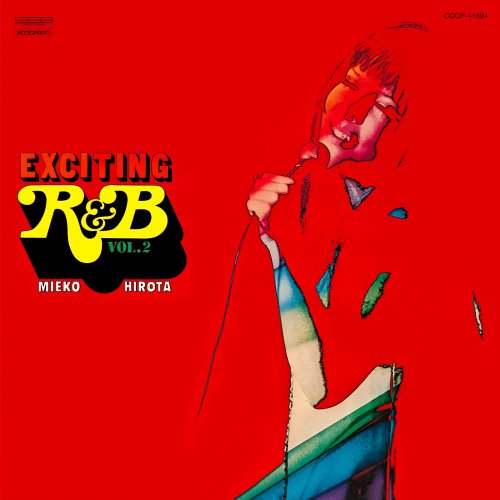
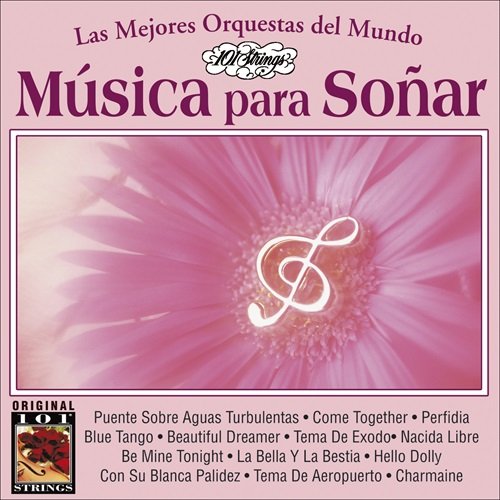
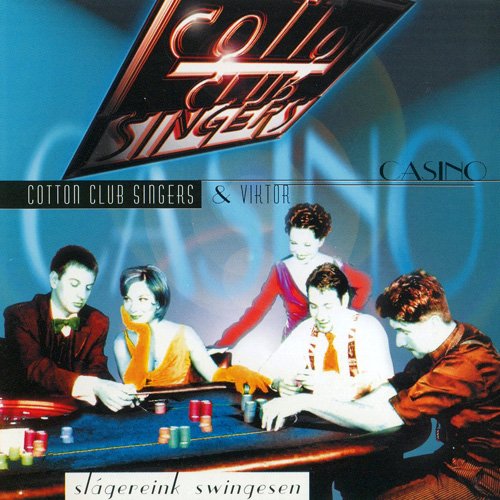
![The Mr Bongo Edits, Vol. 1-4 (2022-2026) [Hi-Res] The Mr Bongo Edits, Vol. 1-4 (2022-2026) [Hi-Res]](https://www.dibpic.com/uploads/posts/2025-03/1742727562_mr_bongo_edits_collage_square.jpg)
